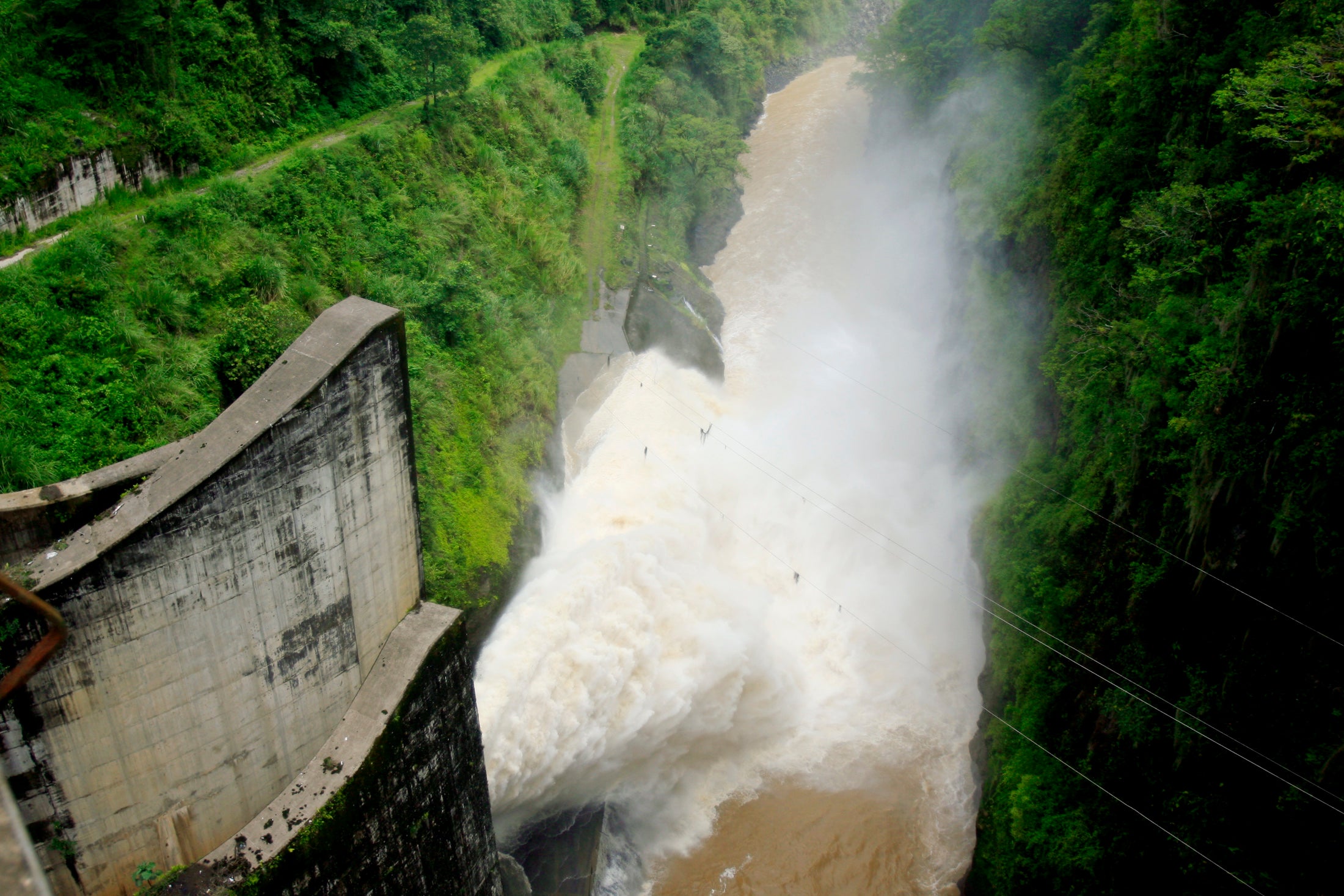Costa Rica's fossil-fuel free electricity use wins praise from leading experts
Country's environment minister is not a 'career politician' but an academic who knows the field

Your support helps us to tell the story
From reproductive rights to climate change to Big Tech, The Independent is on the ground when the story is developing. Whether it's investigating the financials of Elon Musk's pro-Trump PAC or producing our latest documentary, 'The A Word', which shines a light on the American women fighting for reproductive rights, we know how important it is to parse out the facts from the messaging.
At such a critical moment in US history, we need reporters on the ground. Your donation allows us to keep sending journalists to speak to both sides of the story.
The Independent is trusted by Americans across the entire political spectrum. And unlike many other quality news outlets, we choose not to lock Americans out of our reporting and analysis with paywalls. We believe quality journalism should be available to everyone, paid for by those who can afford it.
Your support makes all the difference.Costa Rica's emerging status as a green energy leader has won renewed praise from experts discussing the country's 99 per cent fossil-free electricity use.
The central American country achieved an almost completely carbon-neutral footprint when sourcing electricity for its citizens in 2015, according to the Costa Rican News.
About 18 per cent of all its energy use was electric, official figures showed, with 99 per cent of that electricity sourced from green energy supplies. The other main sources of energy in the country include biomass, hydrocarbons and coal.
This does mean that while 99 per cent of its electricity was renewable, this was only 17.8 per cent of the total energy used by the country - and given that the country's main industries rely on carbon-heavy transportation services, it remains a large consumer of fossil fuels.
Yet an abundance of hydroelectricity and other policy changes have still won Nicaragua's neighbour the accolade of "my perfect country" by a leading academic speaking on the BBC World Service.

Professor Henrietta Moore of the Institute for Global Prosperity spoke about the government's success in aiming to reduce its fossil fuel use.
"The thing about Costa Rica that's important is that it set out to do something, and it delivered on it," she said.
Costa Rica's environment minister Dr Edgar Gutiérrez is also not a "career politician", but an academic with a PhD in exactly the portfolio he is responsible for - an important factor in driving policy change, said experts on the programme.
Three quarters of the country’s electricity comes from hydroelectric power stations, a feat aided by Costa Rica's abundant river system and heavy rainfall.
Other sources of green energy in the country are geothermal, wind, biomass, and solar, with strong popular support among the 80 per cent of Costa Ricans who want action on climate change, according to one UN report.
A quarter of the country is also now protected land, including 26 national parks, and the government has reversed one of the worst rates of deforestation in the world to almost zero.
Meanwhile, the UK government has come under criticism for reducing subsidies for the renewable energy industry - with the House of Lords recently rejecting an attempt to prevent any more onshore wind farms being built.
Caroline Lucas, Green Party MP, told The Independent the current government needed to drastically change its approach.
"It is entirely possible for the UK to go fossil-free – but doing so requires a political will that has been conspicuous by its absence in recent years," she said.
"When many countries across the world are trailblazing example of how to reduce fossil-fuel dependency, the UK is beginning to seriously lag behind."
Meanwhile, Denmark recently announced that wind-generated energy made up almost 40 per cent of the country's overall electricity consumption in 2014.
Join our commenting forum
Join thought-provoking conversations, follow other Independent readers and see their replies
Comments